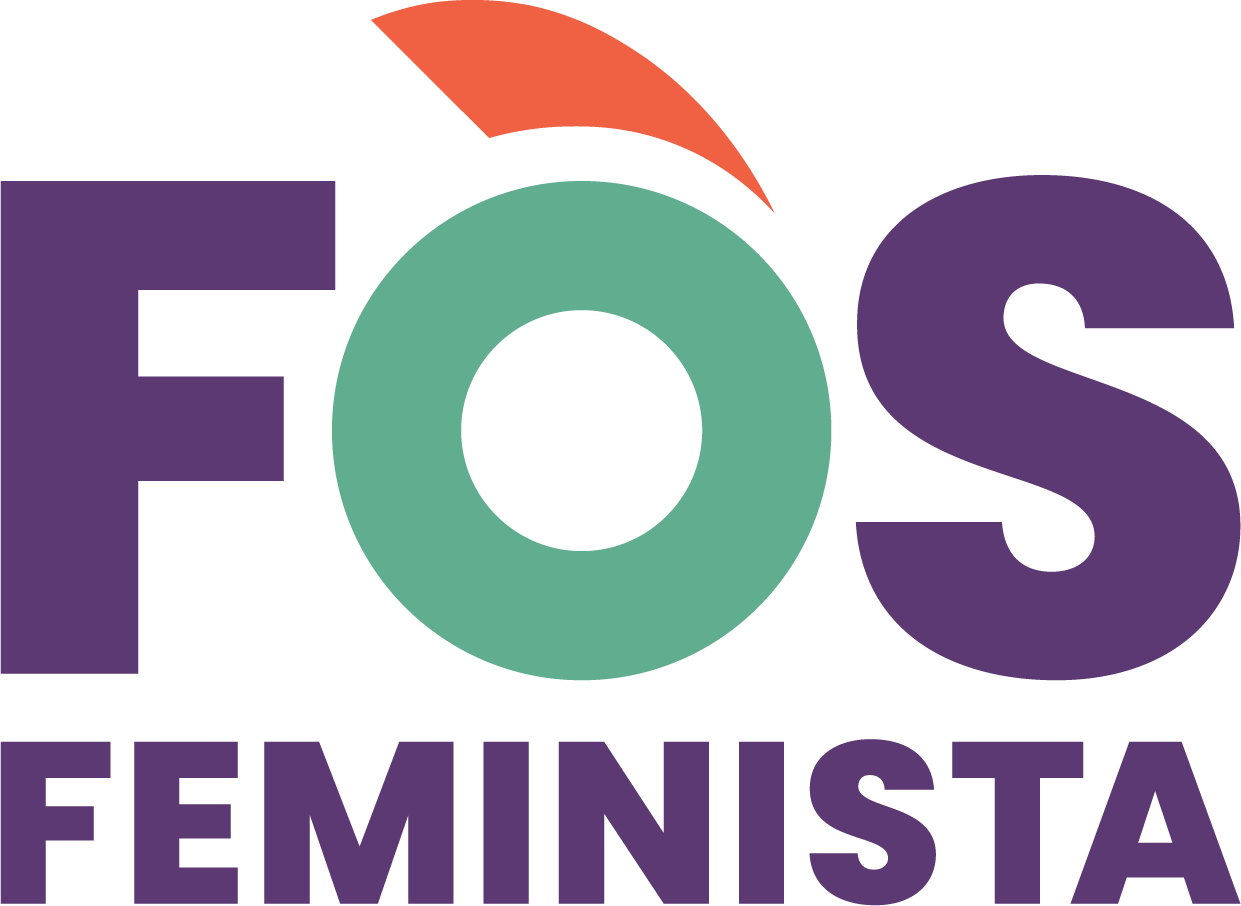
Scorecard holds U.S. government accountable for its work related to sexual and reproductive health and rights in global health assistance.
Washington, D.C.— Today, Wednesday, September 21, Fòs Feminista has released the latest round of grades for the Sexual and Reproductive Health and Rights Index, which holds the U.S. government accountable for its work related to sexual and reproductive health and rights (SRHR) in U.S. global health assistance.
The SRHR Index evaluates the performance of U.S. global health policies, funding decisions, and other actions based on the level to which they are gender transformative, responsive to need, based on evidence, and consistent with internationally recognized human rights principles, across three domains: family planning, maternal and child health, and HIV and AIDS. The U.S. government actors graded by the SRHR Index are the White House, U.S. Congress, U.S. Department of State, U.S. Agency for International Development (USAID), U.S. Department of Health and Human Services (HHS), and the U.S. Department of Defense.
“We know actions taken in the United States can impact health and human rights outcomes around the world. The data presented in the SRHR Index gives feminist activists in the United States and around the world an additional tool to hold U.S. government actors accountable for their actions as it relates to sexual and reproductive health and rights,” said Kemi Akinfaderin, chief global advocacy officer co-lead of Fòs Feminista.
Fos Feminista’s SRHR Index, which was created in 2018 in partnership with the Global Women’s Institute at the George Washington University, is an essential tool that provides a roadmap for U.S. government officials to identify steps for improvement while also providing the public with information on the programmatic and funding gaps that exist in U.S. global health programs with regard to SRHR.
Because the updated SRHR Index assesses data from 2020 and 2021, it captures both the last year of the Trump administration’s grades and the first year of the Biden administration’s grades in a unique demonstration of the hard work required to undo the harm of detrimental policies that chip away at SRHR.
The former administration’s recent regressive stance on SRHR globally halted the promotion of health and human rights, which the current Administration must intentionally work to overcome. Restrictive policies like the Global Gag Rule not only undid years of progress but actually sent the U.S. and the globe backward with regard to SRHR, human rights, and gender equality.
“With stakes this high, we must find ways to hold governments accountable for the promises they make on SRHR. As the United States is the world’s largest donor to global health, we have seen firsthand how U.S. policies and laws have a ripple effect globally,” said Giselle Carino, director and CEO of Fòs Feminista. “ Tools like the SRHR Index allow leaders and activists across the globe to challenge the monopolization of power that the U.S. has on the SRHR ecosystem by holding up a mirror to U.S. government and showing where it falls short on its promises and decisions.”
The Biden administration released a Memorandum on Protecting Women’s Health at Home and Abroad as soon as the new president was inaugurated in January 2021, which included a clear statement of policy to protect and advance SRHR in the U.S. and globally. The drastic improvement in the White House’s grade, from a D+ in 2020 to a B- in 2021, is a clear result of the Biden administration’s determination to back up those commitments with action.
The U.S. government’s overall grade improved from a C- in 2020 to a C+ in 2021, however the grades for some government agencies’ grades either stayed the same or slightly decreased.
“While the improvements in the SRHR Index grades are admirable, the U.S. government needs to recognize the challenges that lie ahead. It takes time for changes at the highest levels of the administration to trickle down to meaningful changes across agencies. To reaffirm the United States’s commitment to championing global health and supporting SRHR, we need to see dedicated action year after year,” said Bergen Cooper, director of policy research at Fòs Feminista. “We can’t be satisfied by simply undoing the harms of past policies; we must make forward progress that meaningfully advances SRHR globally.”
# # #
Fòs Feminista is an international feminist alliance centered around sexual and reproductive health, rights, and justice for women, girls, and gender-diverse people. Together with more than 170 local organizations across the globe, we engage in healthcare, education, and advocacy to advance our agenda. This includes providing sexual and reproductive health services and implementing community-based strategies that make sexual and reproductive healthcare more accessible to women, girls, and others at the margins. We also engage young people with comprehensive sexuality education and provide care to survivors of gender-based violence. We stand alongside our partners in the streets, in the courts, and in other advocacy spaces as an unapologetically feminist voice, resisting injustice and advocating for gender equality and reproductive rights locally and globally.
Fòs Feminista is a non-partisan public charity under Section 501(c)(3) of the Internal Revenue Code and does not endorse or oppose any candidates for elected public office.
Contact: mkesler@mrss.com






